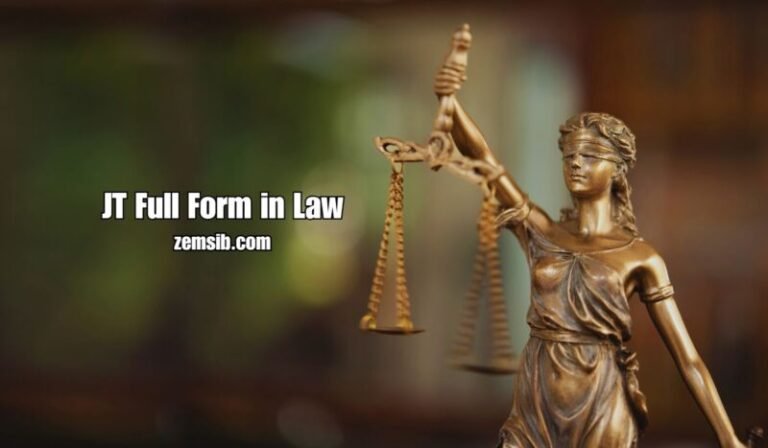The UTP Full Form in Law is Under Trial Prisoners. Under Trial Prisoners (UTPs) are individuals who are awaiting trial and are presumed innocent until proven guilty. Unlike convicted inmates, UTPs have not yet been found guilty of any crime. This status brings into focus issues of public safety and personal liberty during pre-trial detention. In India, the legal framework governing UTPs is outlined under the Code of Criminal Procedure (CrPC). Specifically, Section 436A of the CrPC allows UTPs to apply for bail after serving half of the maximum sentence prescribed for their alleged offense. This provision aims to limit the duration of pre-trial detention and reinforces the principle of “innocent until proven guilty”.
Key UTP Categories
In the legal context, if a trial has not been completed within 60 days from the commencement of evidence collection, a magistrate may opt to try lesser charges. Under Section 437(6) of the CrPC, the Under Trial Review Committee (UTRC) is authorized to recommend bail for UTPs. As per CrPC 436A, UTPs can apply for bail after serving half of the maximum sentence even while the trial is ongoing. Certain crimes may also lead to the dismissal of charges if the victim receives compensation. The UTRC can allocate UTPs for such offenses. The Trial Review Committee (UTRC) plays a critical role in expediting trials and alleviating prison overcrowding. This committee includes members such as the District & Sessions Judge, District Magistrate, Police Superintendent, DLSA Secretary, and Jail Superintendent. The UTRC evaluates factors such as the UTP’s criminal history, the nature of the offense, and the risk of absconding. Based on these evaluations, it provides recommendations to the court regarding bail, release, or further inquiries.
UTP Resources
Information about UTPs and the role of the UTRC can be found on the National Legal Services Authority (NLSA) website, which details case examination procedures and support mechanisms. For further reading, visit LiveLaw. District Legal Services Authorities (DLSA) in each district offer support to UTPs, helping them navigate legal challenges and the bail process. Legal decisions regarding bail and UTPs are often accessible through legal databases and High Court websites. These resources are essential for economically disadvantaged UTPs seeking legal assistance.











